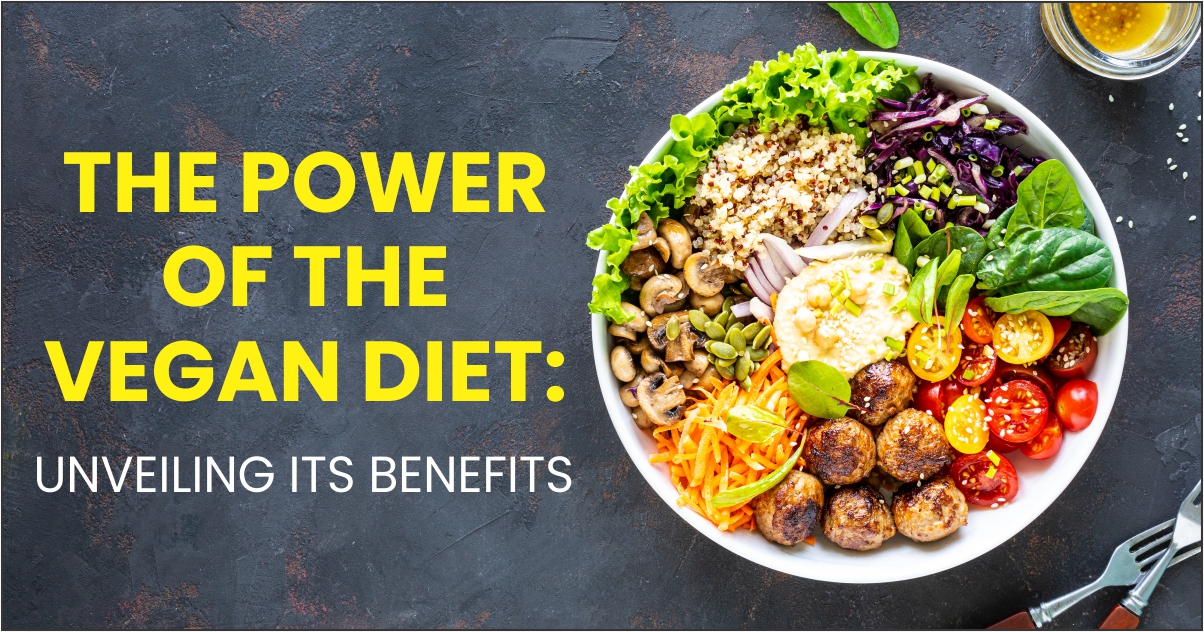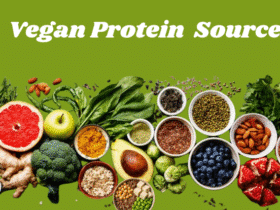In a world where health and sustainability are taking center stage, the vegan diet has emerged as a shining beacon of wellness. If you’re wondering what a vegan diet is and how it can transform your life, you’ve come to the right place.
Defining the Vegan Diet
The vegan diet, often simply referred to as “veganism,” is a dietary lifestyle that excludes all animal products. This means no meat, dairy, eggs, or any other animal-derived ingredients. Vegans nourish themselves solely with plant-based foods, such as fruits, vegetables, grains, legumes, nuts, and seeds.
The Health Benefits
Embracing a vegan diet offers a multitude of health benefits, making it a popular choice for those seeking a more wholesome and sustainable way of life.
1. Weight Management
One of the most significant advantages of the vegan diet is its potential for weight management. Plant-based diets tend to be lower in calories and saturated fats, making it easier to shed excess pounds and maintain a healthy weight.
2. Heart Health
A vegan diet can be a lifesaver for your heart. By eliminating cholesterol-laden animal products, you significantly reduce the risk of heart disease. Studies have shown that vegans often have lower blood pressure and healthier cholesterol levels.
3. Improved Digestion
The abundance of dietary fiber in plant-based foods promotes better digestion. Vegans enjoy a diet rich in fiber, aiding in regular bowel movements and a reduced risk of digestive disorders.
4. Reduced Risk of Chronic Diseases
Many chronic diseases, such as type 2 diabetes and certain types of cancer, are closely linked to dietary choices. A vegan diet can help reduce the risk of these diseases, providing you with a better chance of living a long, healthy life.
Also Check :- Vezlay Soya Chaap
The Environmental Benefits
Apart from the remarkable health advantages, a vegan diet also contributes significantly to a more sustainable planet.
1. Lower Carbon Footprint
The livestock industry is a major contributor to greenhouse gas emissions. By abstaining from animal products, vegans help lower their carbon footprint, ultimately reducing the strain on our planet.
2. Conservation of Resources
Producing meat and dairy demands vast amounts of land, water, and food resources. A vegan diet conserves these resources and helps allocate them more efficiently to address global hunger and other pressing issues.
3. Preservation of Biodiversity
The destruction of natural habitats to make way for livestock farming is a leading cause of biodiversity loss. Veganism advocates for the preservation of wildlife and ecosystems, promoting a harmonious coexistence with nature.
The Ethical Benefits
Vegans also adhere to a strong ethical standpoint, choosing to abstain from animal products to protect and respect animal rights.
1. Animal Welfare
Vegans believe in the humane treatment of animals and object to the exploitation of animals for food, clothing, or any other purpose. Their diet reflects a commitment to safeguarding the rights and well-being of animals.
2. Promoting Ethical Choices
By making ethical choices in their diet, vegans inspire change and encourage others to adopt a more compassionate way of living. It’s a ripple effect that extends beyond just what’s on your plate.
In conclusion, the vegan diet is not just a dietary choice; it’s a lifestyle that encompasses health, environmental sustainability, and ethics. By embracing this plant-powered way of living, you can improve your well-being, reduce your environmental impact, and contribute to a more compassionate world. So, why not give it a try and experience the remarkable benefits of the vegan diet for yourself?












Leave a Reply